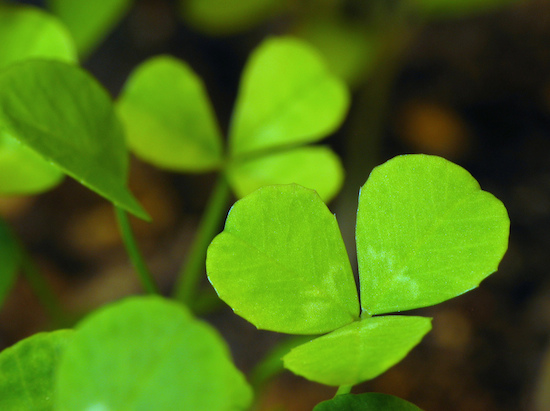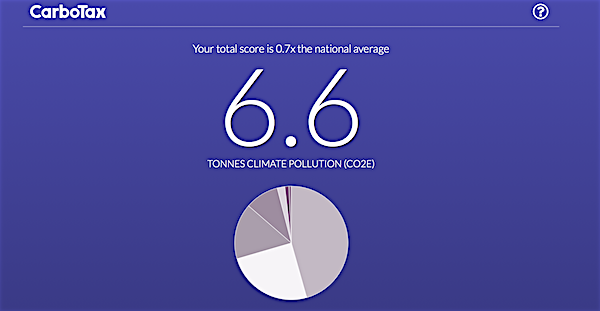Each day, I make it a priority to share the latest environmental news, both at my “day” job and on social media. We are all residents of Earth, but as the creatures at the top of the food chain, we’re also the stewards of it. As such, it’s important to be aware of what’s happening to the planet and to understand the ramifications of our actions.
Alas, the news is not good.
Global temperatures are rising. Entire species of plants and animals are going extinct or dwindling in numbers. Weather events and droughts are becoming more extreme. Forests have been destroyed, water and air polluted and large swaths of land corrupted by industry. And, as the human population continues to grow at an unprecedented rate, our natural resources have dwindled.
There is some hope.
Starting today, the climate change accords signed in Paris last December officially take effect. Under the agreement, 195 countries will enact an action plan to undertake rapid reductions in greenhouse gas emissions to keep the increase in global average temperature to well below 2°C above pre-industrial levels. These nations’ leaders have committed to tracking their progress through a robust transparency and accountability system and strengthening societies’ ability to deal with the impacts of climate change. They’ve also agreed to provide support for developing countries; tackle the loss and damage already associated with the adverse effects of climate change; enhance early warning systems and improve emergency preparedness; make agriculture more sustainable; and invest in renewable energy.
Of course, the Paris accords were not as stringent as many hoped they’d be. The agreement contained incremental changes, which many in the scientific community felt would not address the problems at hand, let alone the ones we will inevitably face in the future.
The deal maintained a voluntary system of pledges under which each country submitted its own goals to limit greenhouse gas emissions, yet failed to require any penalties for countries that did not live up to their end of the bargain. Even if all of the participating nations kept their promises, experts said their actions would lead to an expected warming of 3.5°C (6.3°F), far above the accords’ 1.5°C to 2°C (2.7°F-3.6°F) goal. The deal also didn’t consider how to handle the election of politicians, funded by the fossil fuel industry, who would seek to hinder the attainment of these benchmark goals.
In five years, world leaders will come back to the table. They’ll discuss the successes achieved (or failed to achieve) and set more ambitious targets for the future. Perhaps then, additional — and more concrete steps — will be put into place.
In the meantime, as members of the world community, we have a role to play as well. It is our job to stay informed, help business and political leaders achieve these goals and embrace even more productive ones. We must make an effort to alter our own habits in ways that benefit, rather than harm, the environment. It’s easy to feel overwhelmed by the immense nature of the problem that is climate change. But I’ve found that action, even when taken in small steps, can push us in the right direction and set an example for others.
Here are some ideas:
* Learn more about the world. Read trusted news sources, books and magazines that cover the environment and encourage other publications to dedicate resources to the topic. Travel, explore, be in nature. Discover how ecosystems work — and the ramifications of drastic change on the environment. Participate in cleanups in your neighborhood, forests or beaches.
* Vote. You have the ability to choose the people in power, both on a local and national level. If you don’t vote, you have no voice.
* Put your money where your mouth is. Invest in renewable energy sources. Consume fewer goods and buy local whenever possible. Use more energy efficient transportation options and appliances. Donate to reputable environmental groups. Use birth control. Adopt a pet and spay/neuter. Plant trees.
* Determine your carbon footprint, and if you can afford it, offset it. Urge individuals, businesses and governments to do so as well. Also consider taking steps to lighten your individual impact. In the interest of transparency, here’s mine:
* Change eating habits. Adopt a more plant-based diet. You don’t have to go vegetarian or vegan (though either option may suit your lifestyle). Simply consume fewer meat products, particularly beef, and pay attention to what’s in your food. As writer Michael Pollan suggested: “Eat food, not too much, mostly plants.”
* Waste less. Instead of trashing items you no longer want, find ways to fix, recycle, reuse or donate them. Compost food scraps rather than throwing them away. Avoid using disposable plastic. Never litter.
* Educate the next generation. When I was a child, my town began a recycling program. At the time, recycling plastic, paper and cardboard was a completely foreign concept. Over time, though, it became a habit and then a way of life. If we teach future generations to embrace alternative energy sources and practice “greener” lifestyles, it will become second nature to them.
* Make your thoughts known. Write to companies and encourage them to change their business practices. If they won’t, take your business elsewhere. Sign petitions, attend protests, rally your community. Contact political representatives and members of the media. Share stories about the effects of climate change on social media sites, and offer your own solutions on how to make positive changes. Who knows? You may have the next big idea that could change the world.






